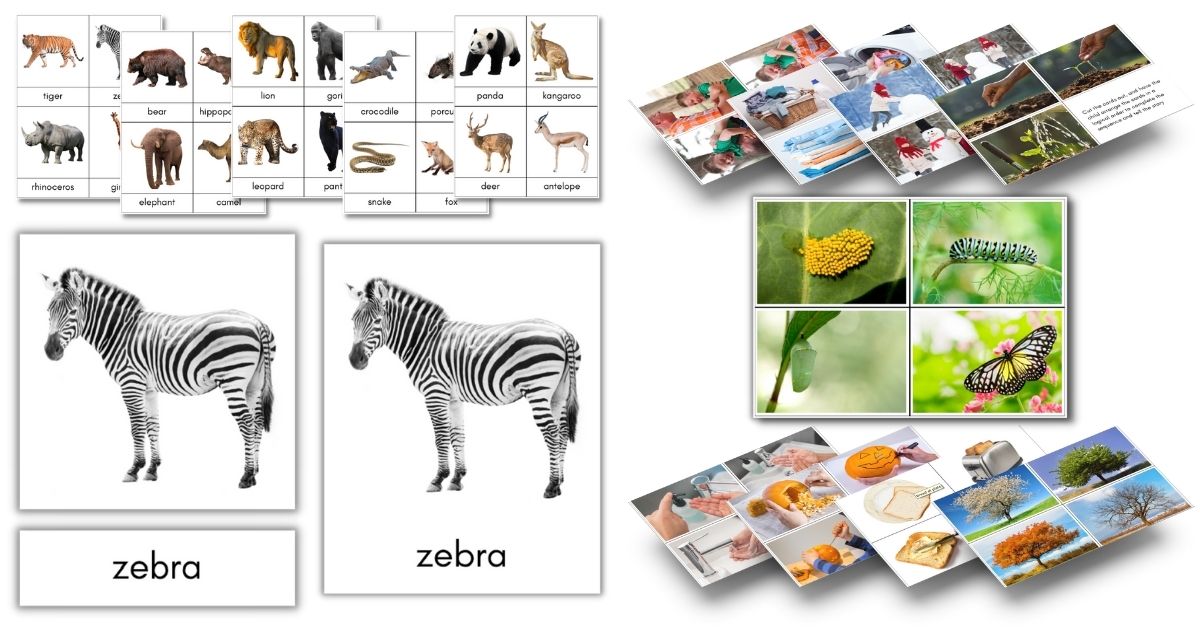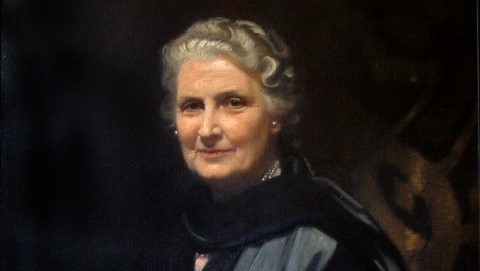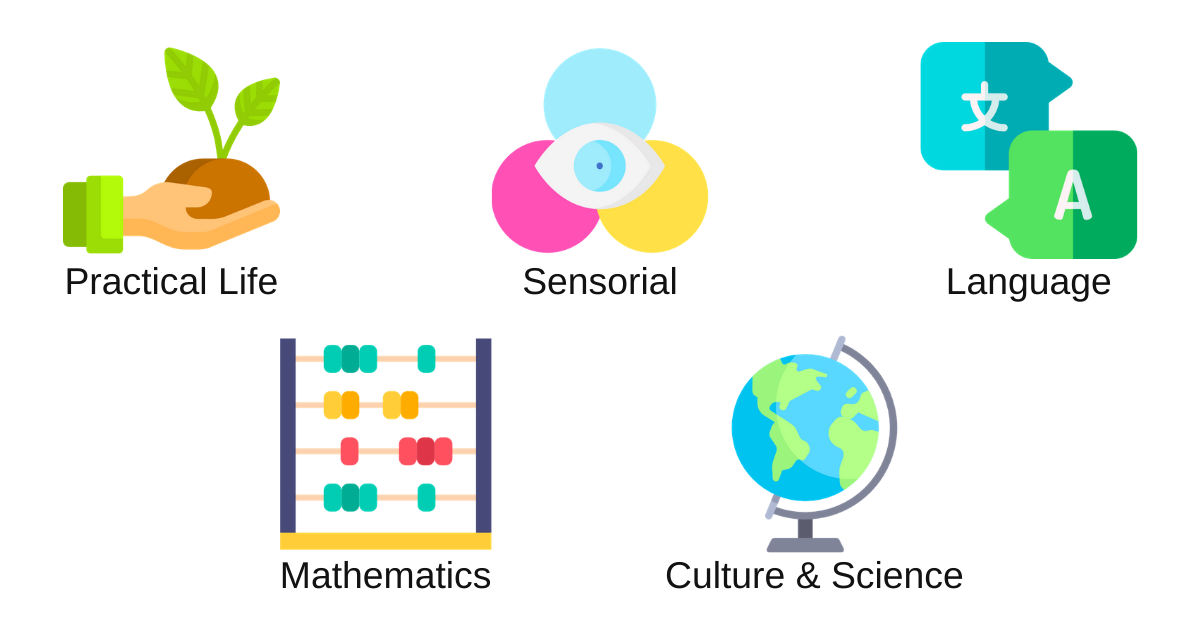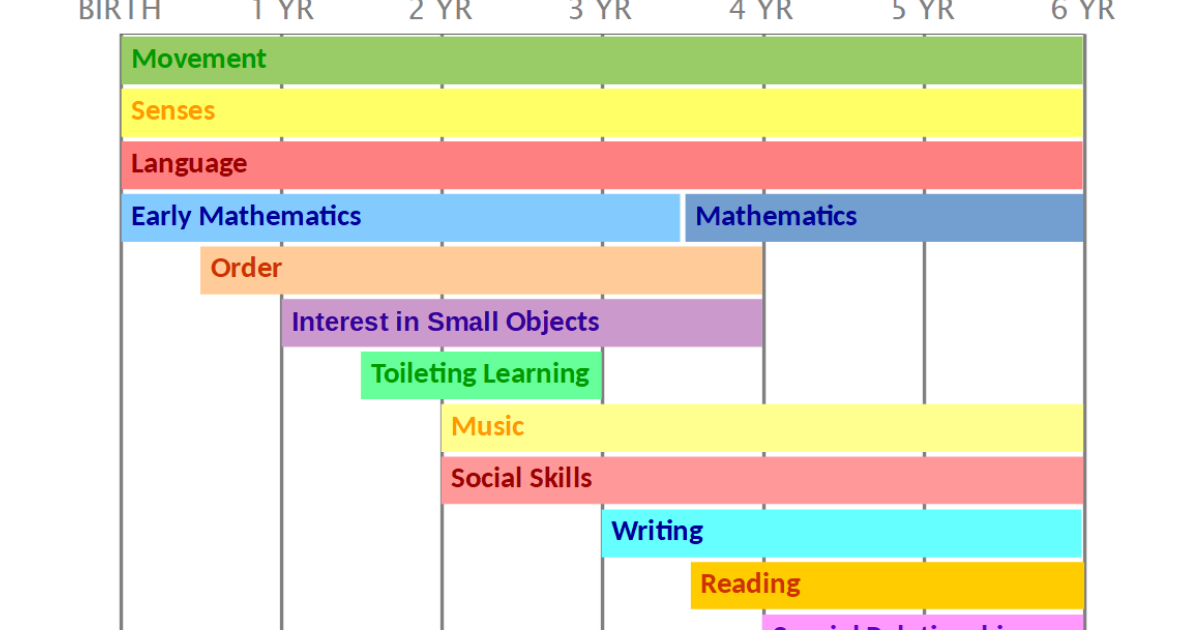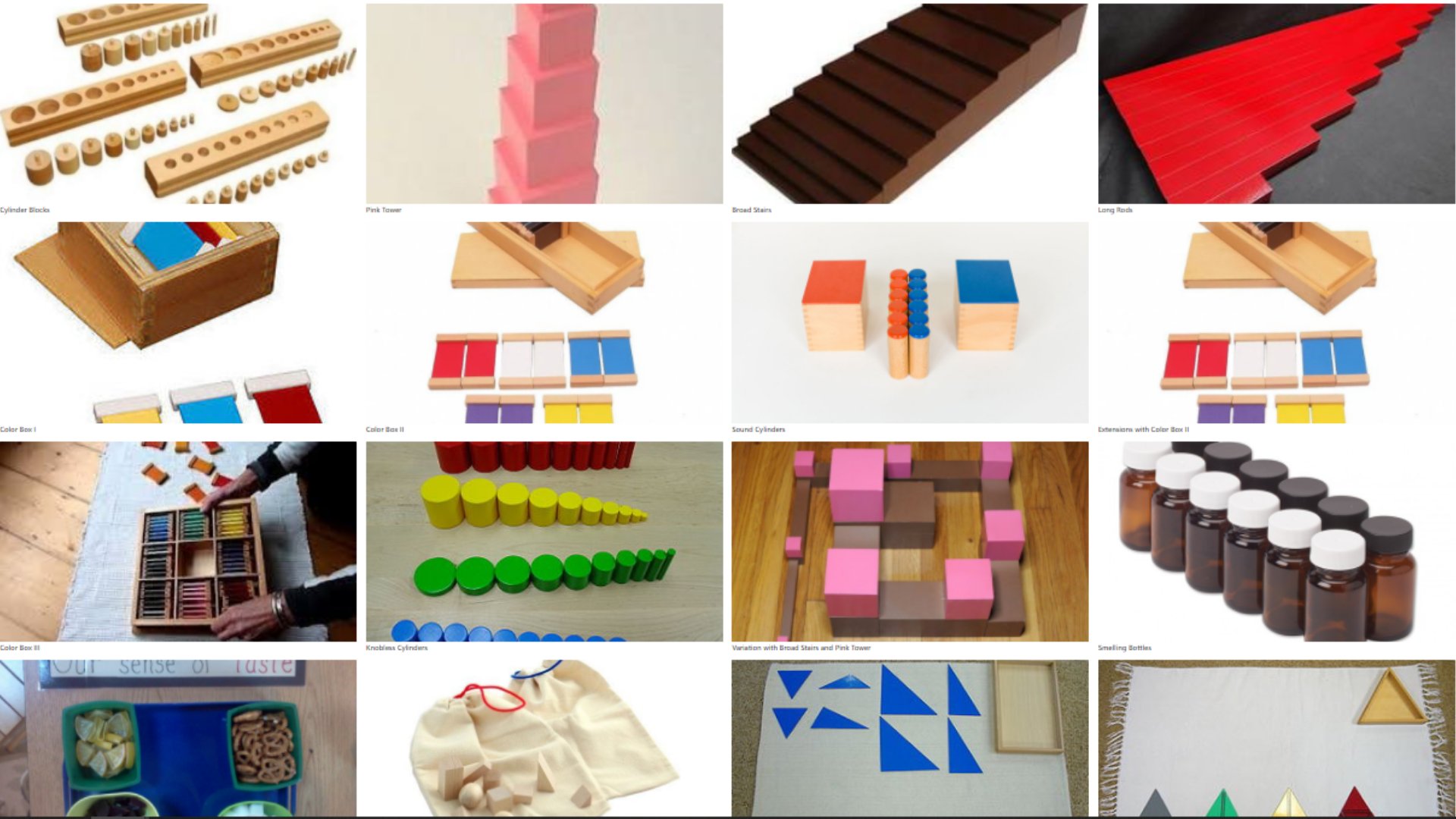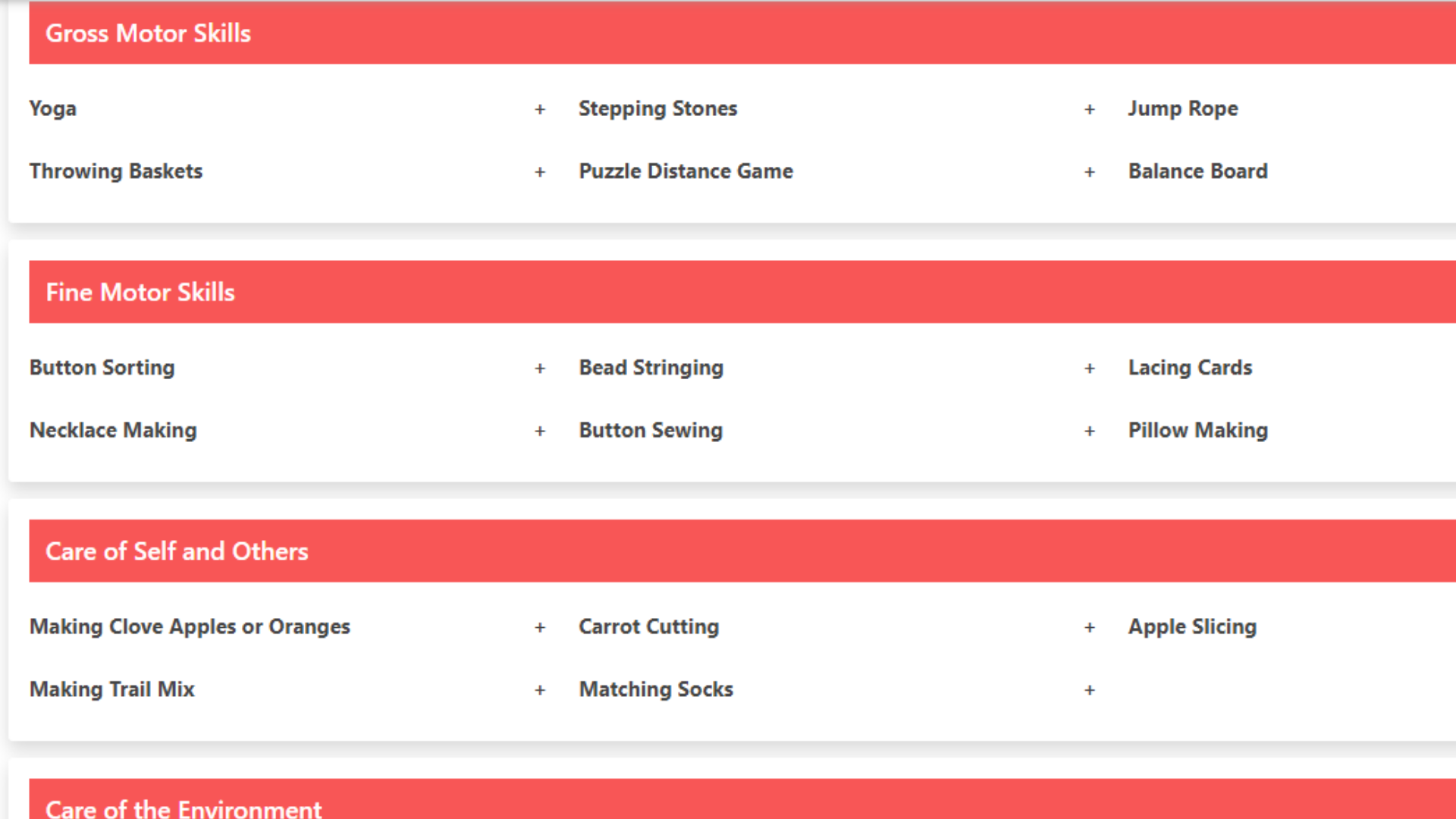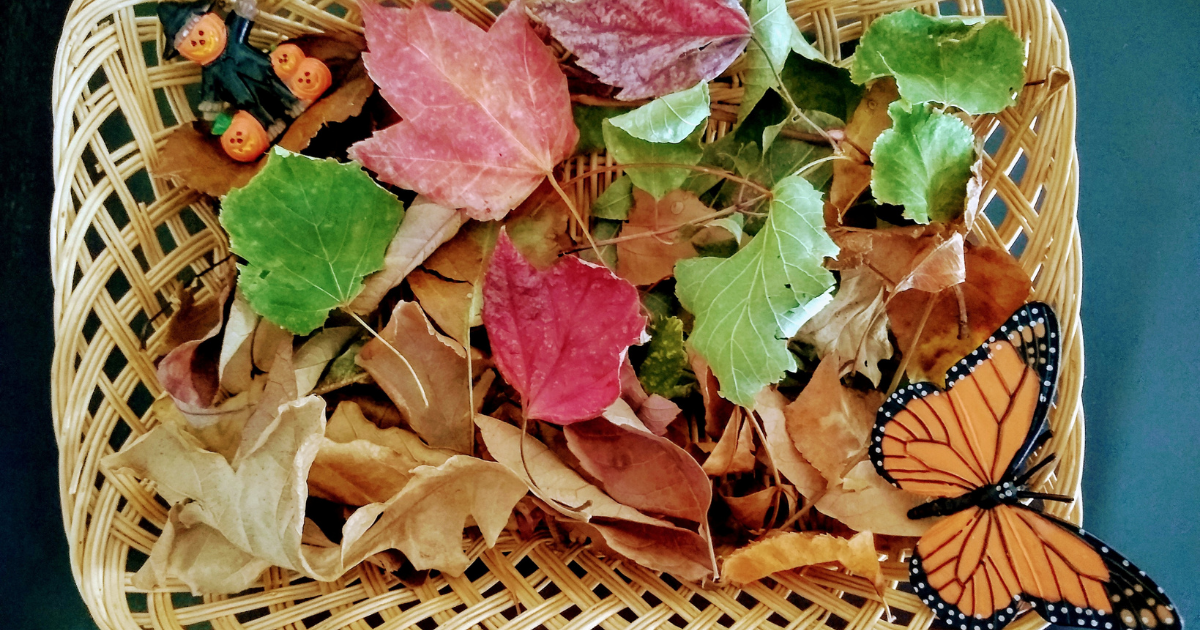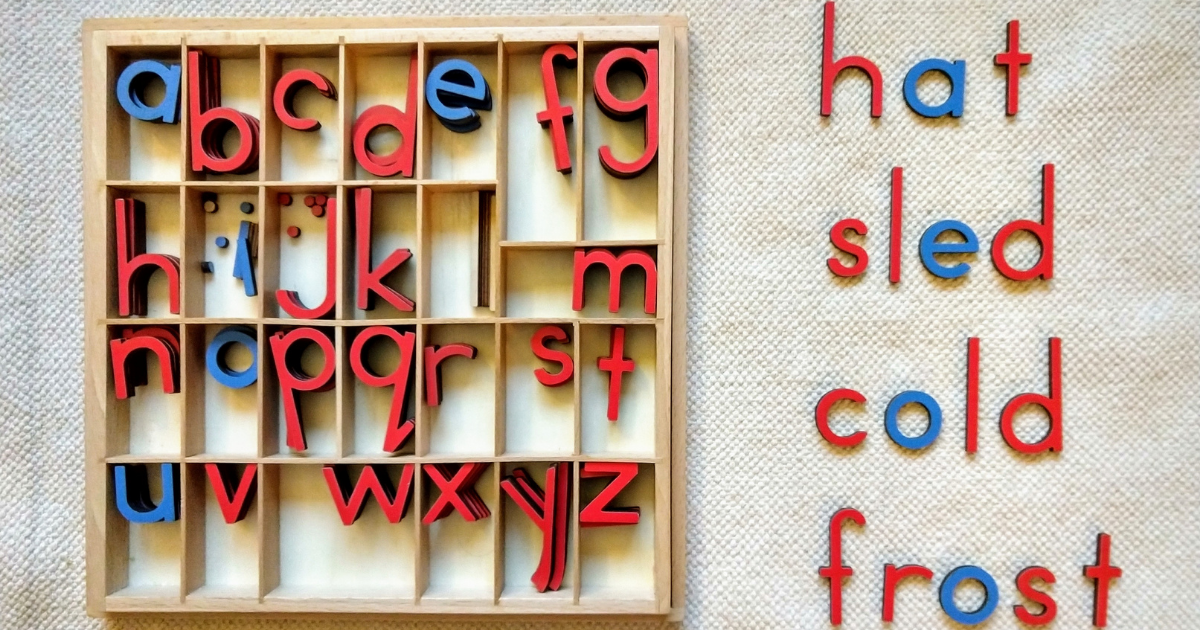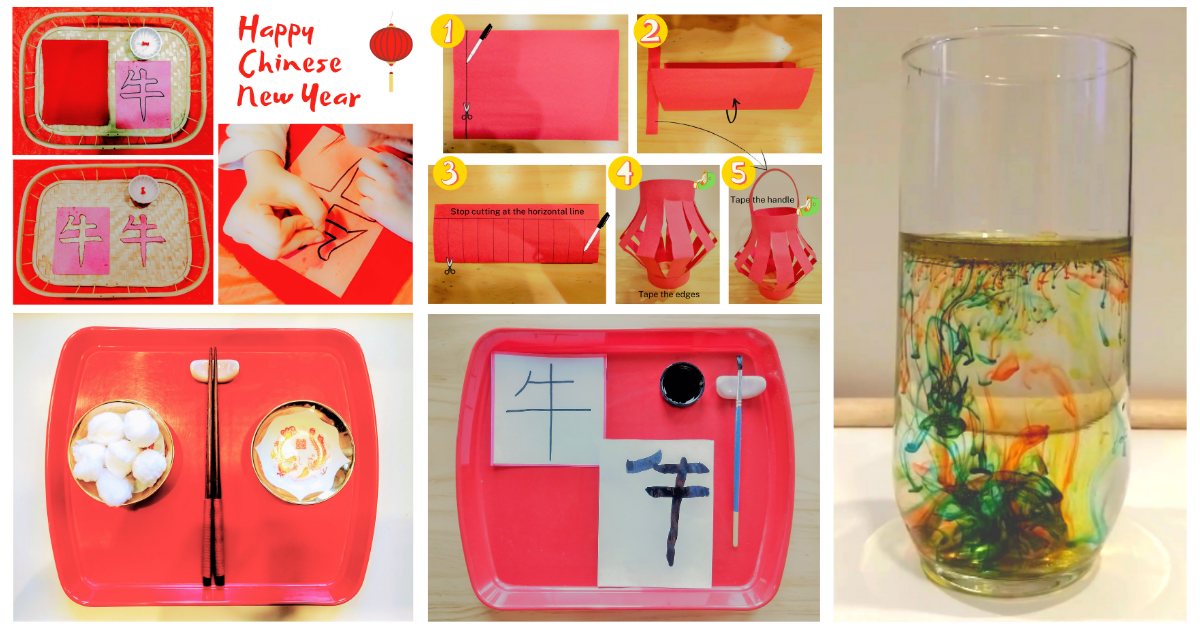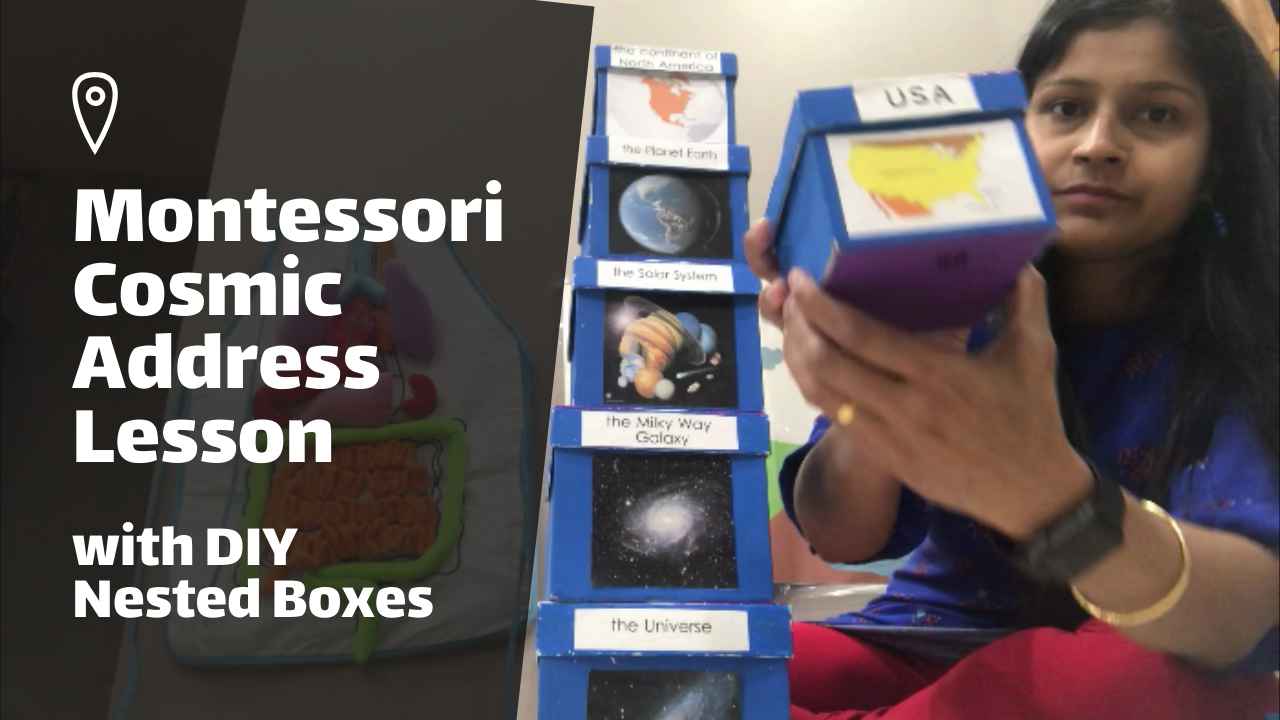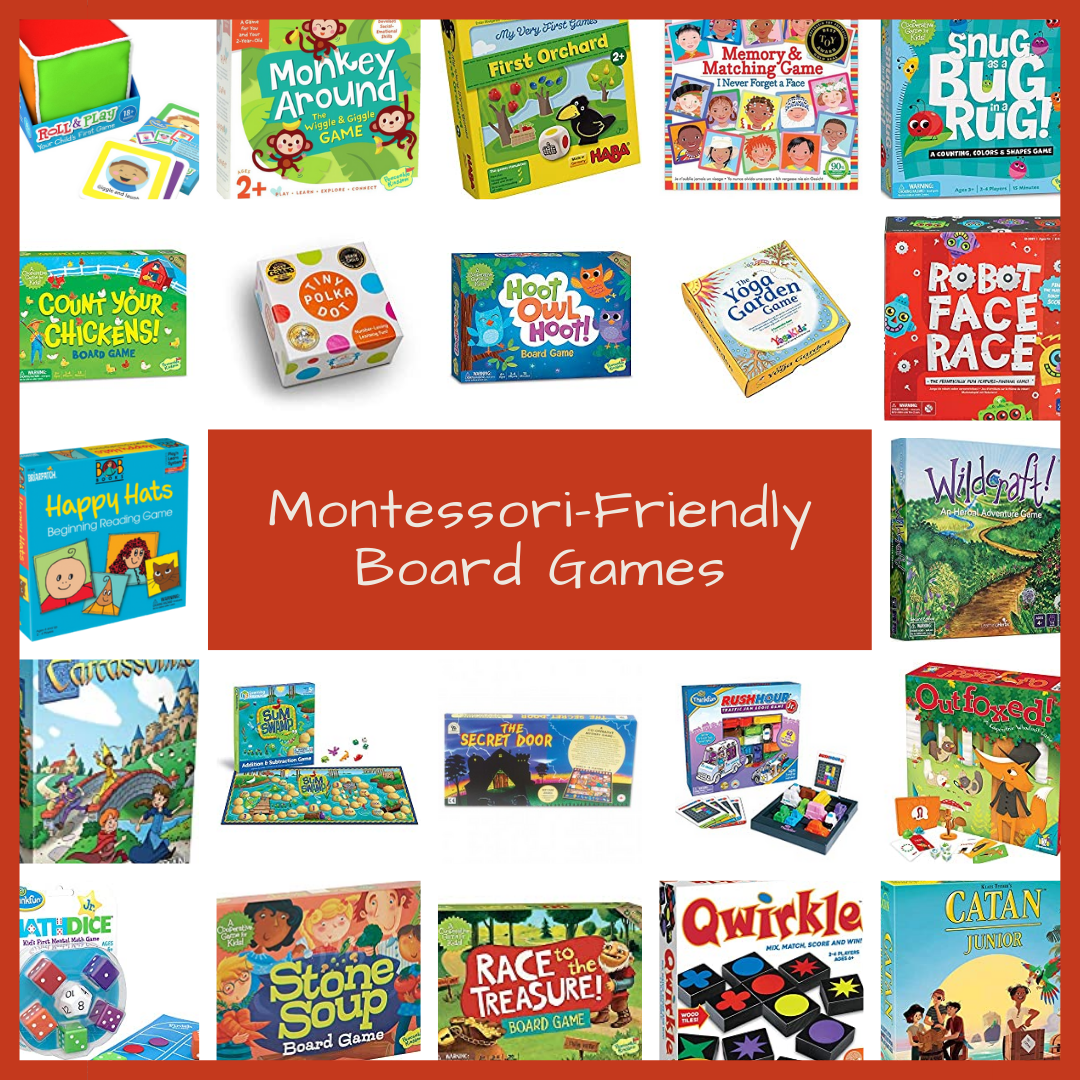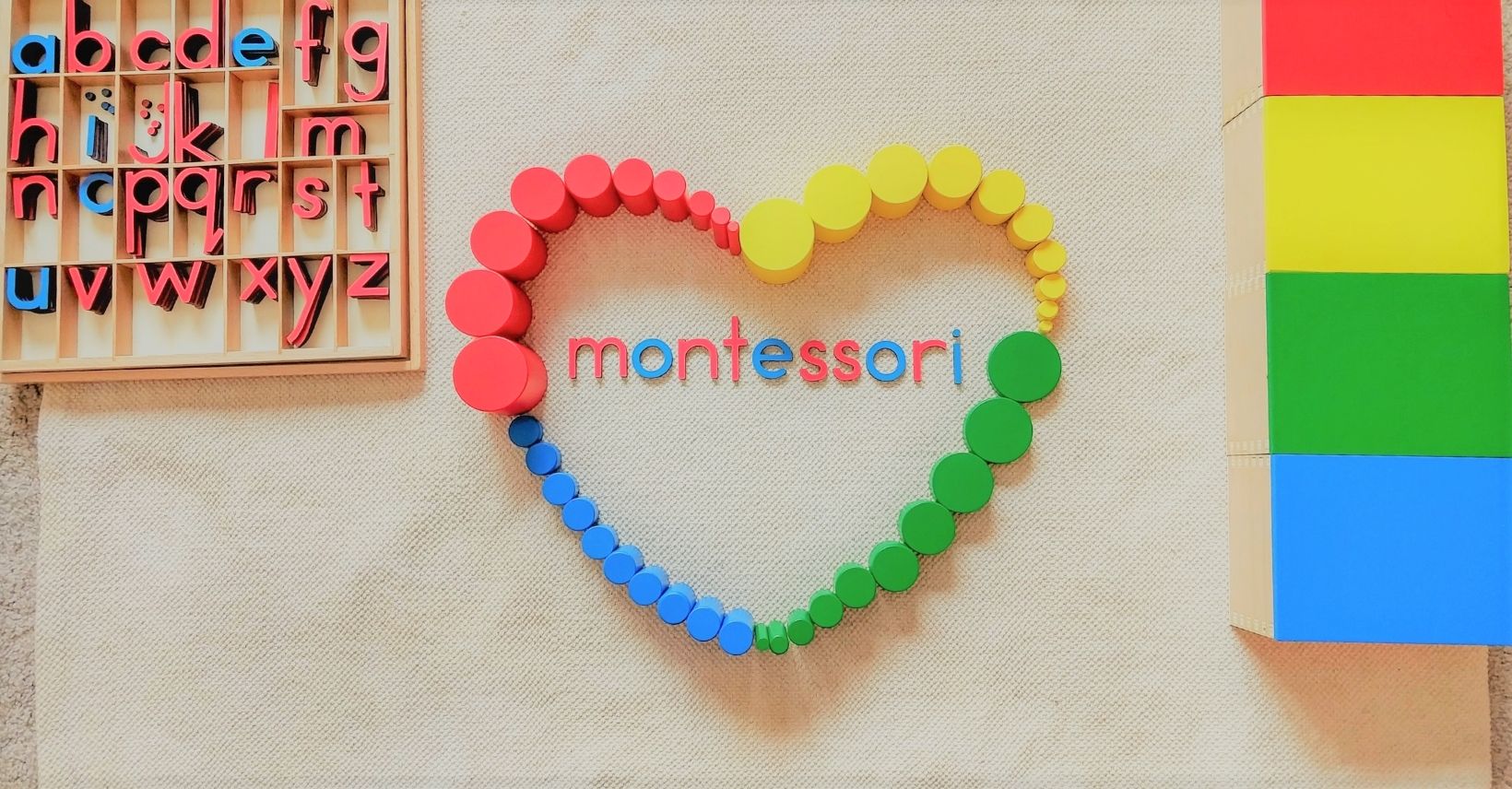Montessori Learning Subjects
Practical Life
A child's desire for order and independence finds expression through various activities of everyday life. Practical life encompasses four main areas: Control of Movement, Care of Person, Care of the Environment, and Grace and Courtesy. Through practical life activities, the child develops life skills, confidence, concentration, and precise movements that are needed to advance into other Montessori subjects.
View activities >>Sensorial
From an early age, a child is developing a sense of order and actively seeking to sort, arrange and classify their many experiences. The sensorial component provides a key to the world, a means for a growth in perception, and understanding that forms the basis for abstraction in thoughts. Each sensorial activity generally isolates a fundamental quality perceived through the senses including Visual, Tactile, Baric, Thermic, Auditory, Olfactory, Gustatory, and Stereognostic.
View activities >>Language
The Montessori approach provides a carefully thought-out program to facilitate a child's language development. Oral language acquired since birth is elaborated and refined through a variety of language activities. Indirect preparation for writing begins with the practical life exercises and sensorial training. The child learns to distinguish the sounds which make up language, recognize alphabet symbols, write and read based on phonics and through hands-on activities. Creativity is encouraged and the child grows in appreciation of the beauty and power of language.
View activities >>Mathematics
A child is led to abstract concepts by dealing with the concrete. The child's mind has already been awakened to mathematical ideas through the sensorial experiences. The child has seen the distinctions of distance, dimension, graduation, identity, similarity, and sequence, and will be introduced to the functions and operations of numbers. Geometry, algebra and arithmetic are connected in the Montessori method as they are in life. Through concrete materials, the child learns to add, subtract, multiply, and divide, and gradually comes to understand many abstract mathematical concepts with ease and joy.
View activities >>Culture & Science
As a child gives order to the sensory information that they have absorbed, they grow increasingly aware that they need more knowledge about the larger world in which they live. The culture curriculum provides a broad array of activities for the child to explore the world through Geography, Science (Zoology, Botany, Physics, and Chemistry), History, Art and Music. Studying Geography allows the child to understand and appreciate cultural diversity. Science activities foster curiosity and creativity about nature and our unique world. Art and music allow the child to express themselves freely.
View activities >>